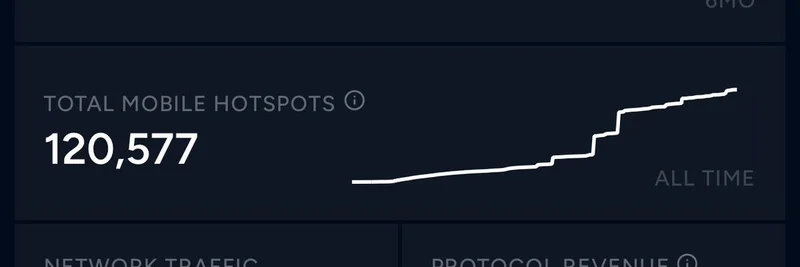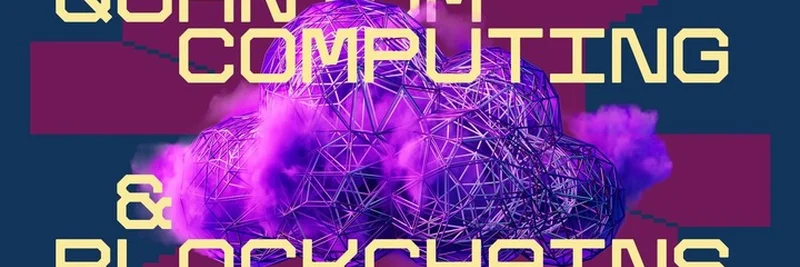Hey there, crypto enthusiasts! If you're into blockchain tech and decentralized governance, you've probably heard of Gnosis DAO. They're the folks behind Gnosis Chain, a secure and efficient blockchain network. Recently, they dropped a tweet announcing GIP-132, a proposal that's sparking discussions about rewarding ethical hackers in the crypto space. Let's break it down in simple terms and see what this means for the community.
The tweet from Gnosis DAO (view it here) highlights a Phase 2 proposal by user @filoozom, whose real name is Philippe Schommers from the Gnosis team. The big question? Should the DAO shell out a bounty for someone who spotted a serious issue on Gnosis Chain? Specifically, it's about a "consensus discrepancy," which is fancy talk for a situation where different parts of the network might not agree on the state of the blockchain, potentially leading to splits or forks.
Diving deeper into the forum post, the motivation is clear: Back on February 25, 2025, a researcher named cergyk reported a vulnerability. This bug could have allowed a malicious validator to create a transaction where a smart contract is deployed and then self-destructs in the same go, using the coinbase address (that's the address that receives block rewards). The tricky part? Different client software—Nethermind and Erigon—handled the base fee collection differently, which could cause the chain to split.
In blockchain terms, clients like Nethermind and Erigon are the software nodes that keep the network running. Nethermind, being the majority client with about 80% stake, didn't collect the fee in this scenario, while Erigon did. If exploited, this could have led to two competing chains: one "buggy" but dominant Nethermind chain and a smaller, "correct" Erigon chain. Fixing it involved patching Nethermind on March 17, 2025, to align with Erigon's behavior, avoiding harsh penalties for the minority client users.
The proposal suggests a one-time $10,000 bounty to cergyk as a thank-you for responsible disclosure. Gnosis Chain doesn't have an ongoing bug bounty program, but the core team wants to encourage white-hat hackers—those good guys who report issues instead of exploiting them.
Why does this matter? Well, blockchain security is everything in crypto. A chain split could burn a ton of staked GNO (Gnosis's native token), penalize honest validators, and shake user confidence. The rationale emphasizes client diversity: Don't put all your eggs in one basket! If everyone's running the same software, one bug can take down the whole network. The team urges validators to switch to minority clients like Erigon, Reth, or Geth for better resilience.
On the risk side, if this vuln had been exploited, it might have triggered an "inactivity leak," where inactive validators lose stake over time. That could have burned about 40% of all staked GNO, hitting Erigon users hard with missed rewards and penalties. Scary stuff, right?
Voting on GIP-132 is straightforward: "In Favour" or "Against." As of now, it's in draft status with no voters yet, but keep an eye on the forum for updates. This proposal isn't just about the money—it's a nod to the importance of community-driven security in DAOs (Decentralized Autonomous Organizations, where token holders vote on decisions).
At Meme Insider, we usually dive into the wild world of meme tokens, but stories like this remind us that even serious projects like Gnosis have their dramatic moments. Who knows, maybe this inspires a new wave of bounty-hunting memes in the crypto space! If you're a blockchain practitioner, this is a great example of how DAOs handle real-world tech challenges. Stay tuned for more insights, and remember to diversify your nodes—just like your portfolio. What do you think—should the bounty be paid? Drop your thoughts in the comments below.


